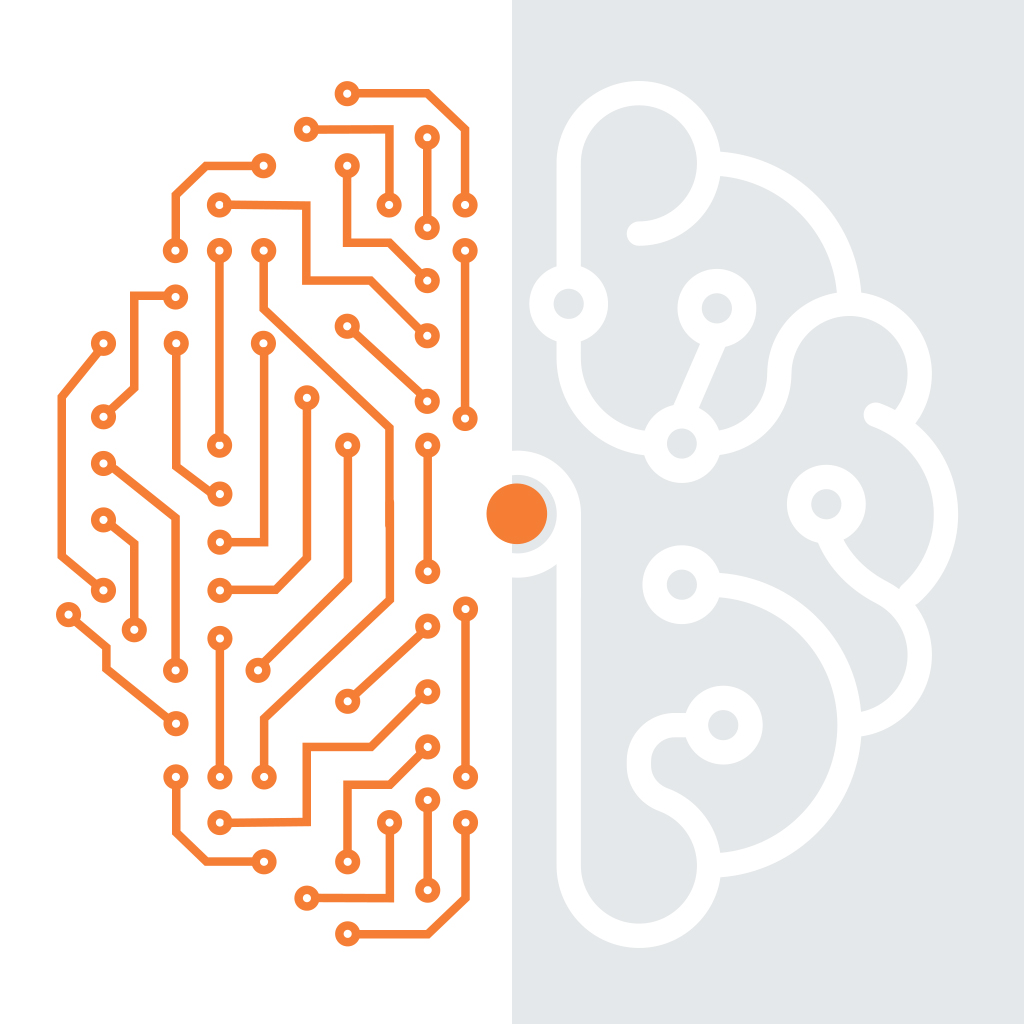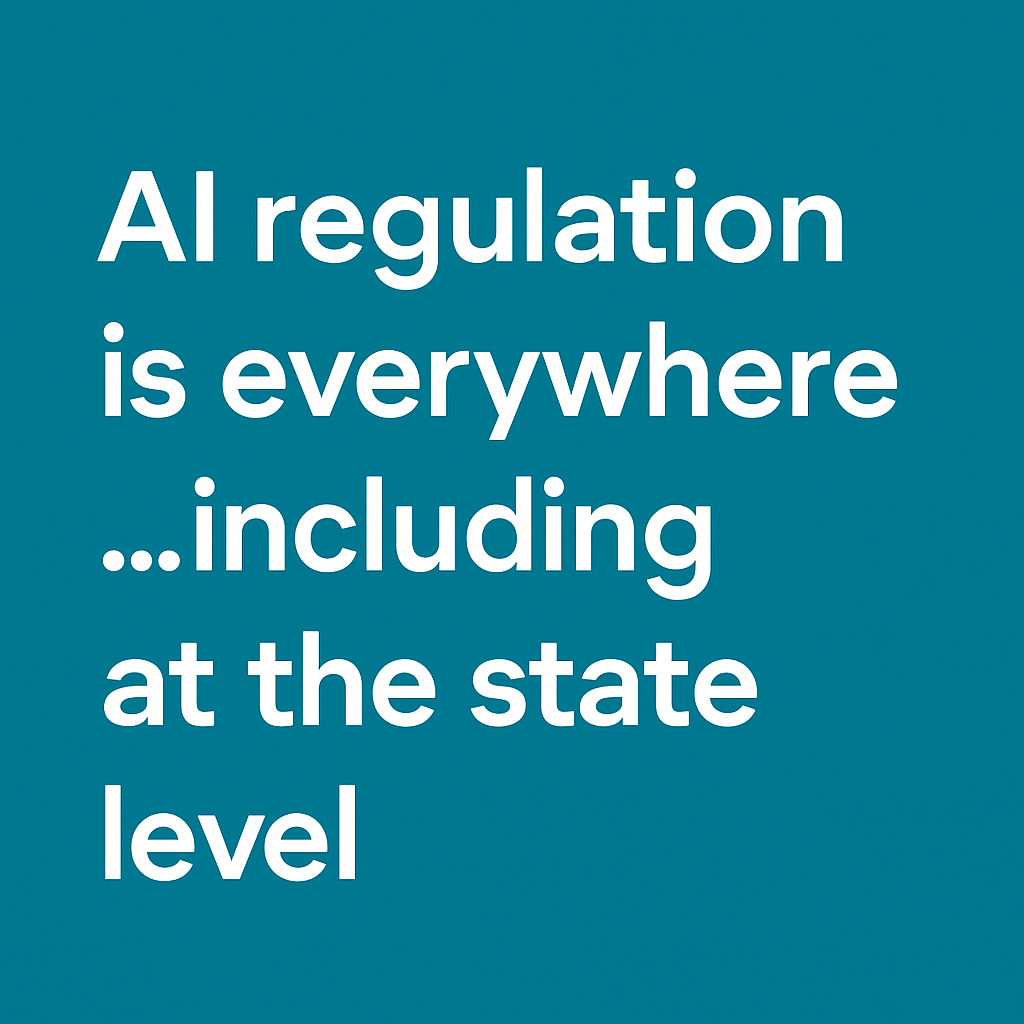Everything we see around us, every tool that we use in our daily lives, is created by humans with their brains. Using human intuition and training, we are able to create fairly complex tools. It could even be said that when you add collective intelligence through collaboration, the height of human achievement is only limited by our imagination. A plausible argument can be made that human level intelligence is the highest level of intelligence ever seen.
There is a correlation between human intelligence and reading. We know for example that reading helps create white matter in the brain which is associated with the ability to carry information more quickly within the brain. This is associated with human ability to develop fluid intelligence: the ability to acquire and deal with new information quickly. Suffice it to say that if a person is an erudite reader (let’s say they read 70-100 books a year or 3,500-5,000 books over a 50-year period), all things being equal, they will have more fluid intelligence than a benighted reader.
Compare this to a system that can learn from every book, video, image, social posting, and podcast that has ever been created and will be created in the future. The three tenets of AI are massive amounts of information (data), speed of computation, and parameters (settings or weights and biases to help make decisions or intelligent inferences with low error without rote memorization of the known data). Data is growing and will keep growing in the future. Computation has followed Moore’s law and is dependent on progress in hardware, which has been improving exponentially due to competition. Finally, parameters are also scalable, which has a dependency on distributed computing architecture. With no visible limits on the three tenets, many believe AI will outgrow human ability to increase fluid intelligence. We see this happening already in certain areas. It’s just a matter of time, and we don’t know where it will stop. Human level fluid and crystalized intelligence is, of course, a milestone to be achieved by AI, but it’s not the final step. Airplanes were inspired by birds, but they are very different from birds. Similarly, AI is inspired by the human brain, but it will be different from what is known today about how the human brain works.
AI is capable of creating intelligence that is not only beyond that of human fluid and crystalized intelligence, but also new kinds of intelligence. AI has the potential to add net-new knowledge to the world that we cannot fathom as humans. It is plausible to think that AI can create entire artificial societies and moral systems that differ from the ones we have today.
There is a saying, “if you cannot beat them, join them.” As alluded to earlier, the height of human achievement is accomplished via human collaboration. As humans, we’ll also collaborate with AI. This human and AI collaboration is the guiding philosophy behind Saifr. AI can help us break barriers that cannot be broken by our going it alone and give us new ways of understanding the world. AI can help us in drug discovery, personalized investing, personalized medicine, personalized education, hyper-personalized marketing, solving aging as a disease, curing cancer, improving our happiness, and many other fields. AI can help us make decisions faster and more accurately. AI can help us reduce the time it takes to do certain tasks to a fraction of what it takes for a human to do it, making us more productive. To conclude, human-level intelligence is a great benchmark to reach, but it’s not the end goal of AI. As we move ahead, AI will keep getting smarter, and done ethically, has the potential to benefit mankind tremendously.
For a look into how financial services teams are using AI, download our ebook, AI insights survey: Adopters, skeptics, and why it matters.
The opinions provided are those of the authors and not necessarily those of Fidelity Investments or its affiliates.
1067675.1.0




-1.png)

